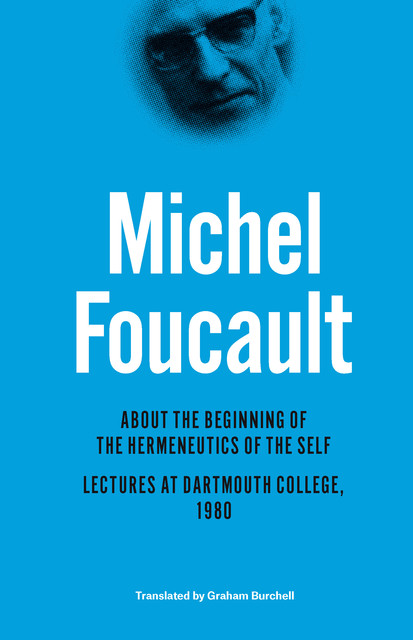
en
Четете в приложенията ни:
iOS
·Android
About the Beginning of the Hermeneutics of the Self
Тази книга не е налична в момента
190 печатни страници
- Оригинална публикация
- 2015
- Година на публикуване
- 2015
Цитати
- Gaëlle Fontaine-Dinesenцитирапреди 7 годиниFoucault elaborates the project of a history of “truth acts”—indicating by this expression “the part that falls to a subject in the procedures of alethurgy”—or better, “reflexive” truth acts, in which the subject is at once actor, witness, and object of the manifestation of
- Gaëlle Fontaine-Dinesenцитирапреди 7 годиниf operations on their own bodies, on their own souls, on their own thoughts, on their own conduct, and this in a manner so as to transform themselves, modify themselves, or to attain a certain state of perfection, of happiness, of purity, of supernatural power, and so on.
- Gaëlle Fontaine-Dinesenцитирапреди 7 години, from 1980, Foucault begins a vast project of genealogical research on the relations between subjectivity and truth in which a decisive role will be given to “techniques of the self,” that is to say, those techniques “which permit individuals to effect, by their own means [or with the help of other people], a certain nu
fb2epub
Плъзнете и пуснете файловете си
(не повече от 5 наведнъж)

